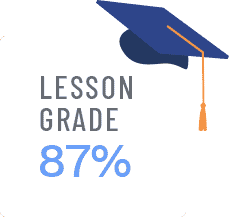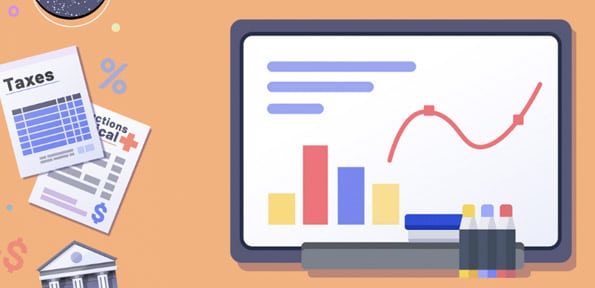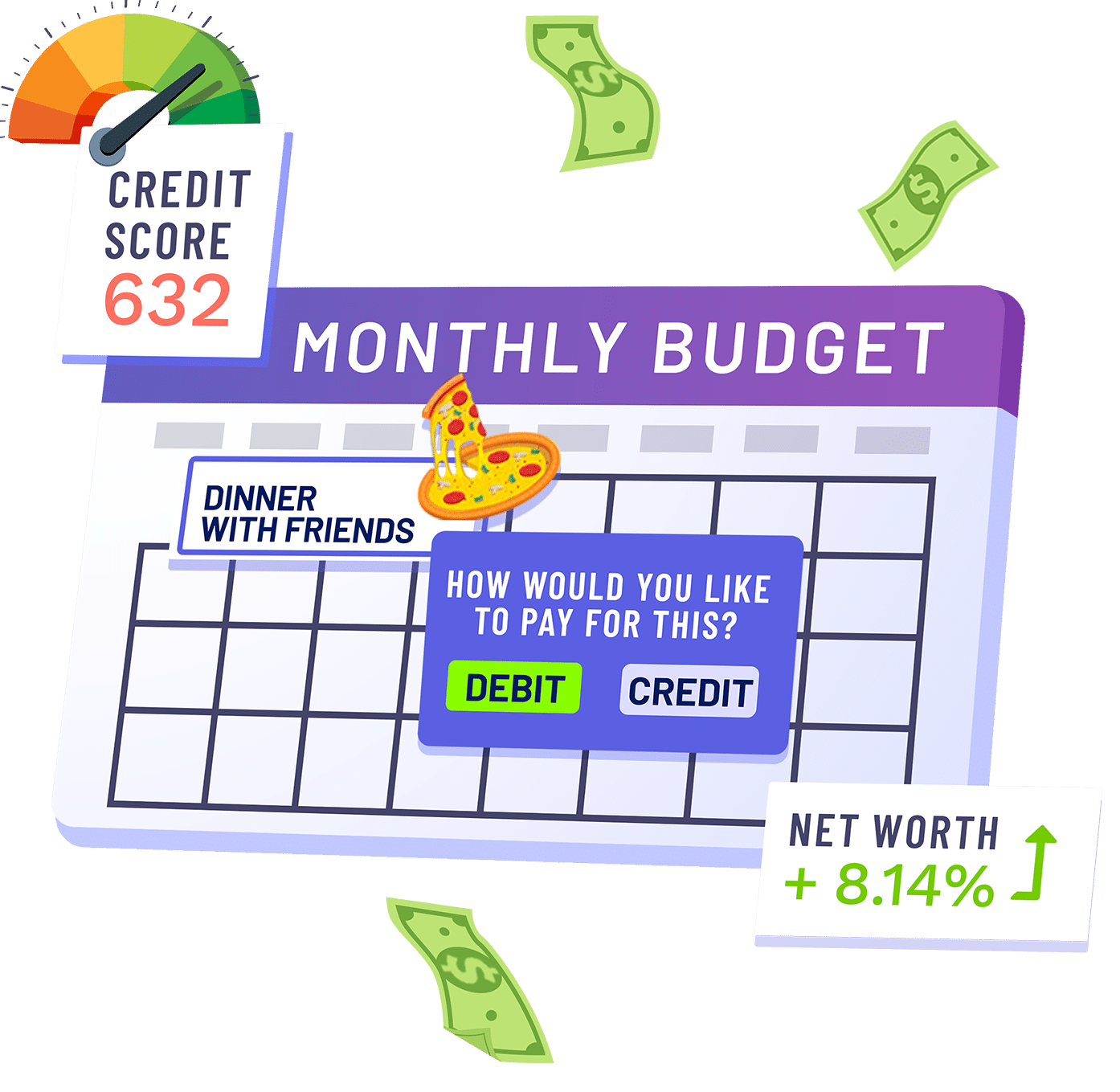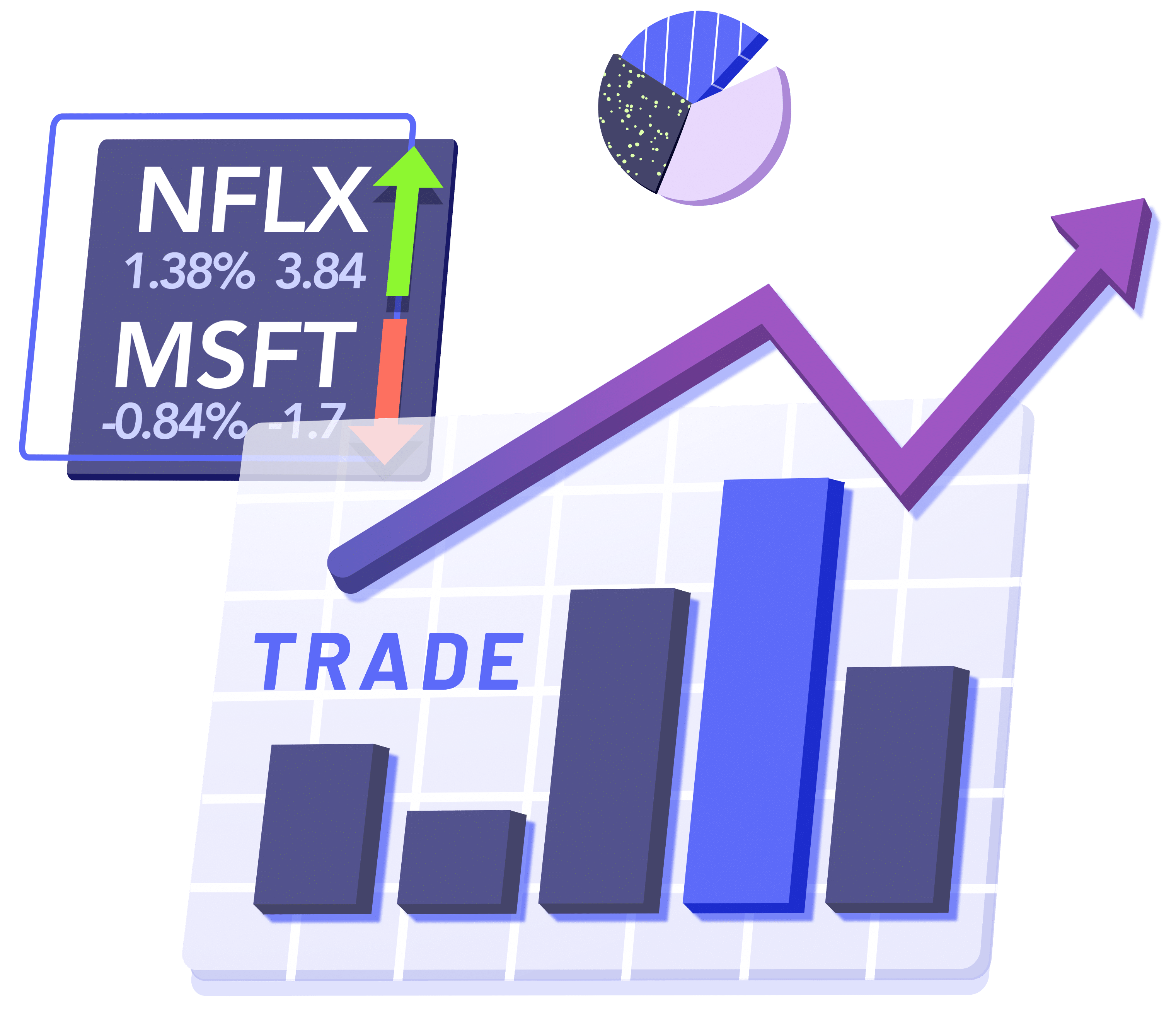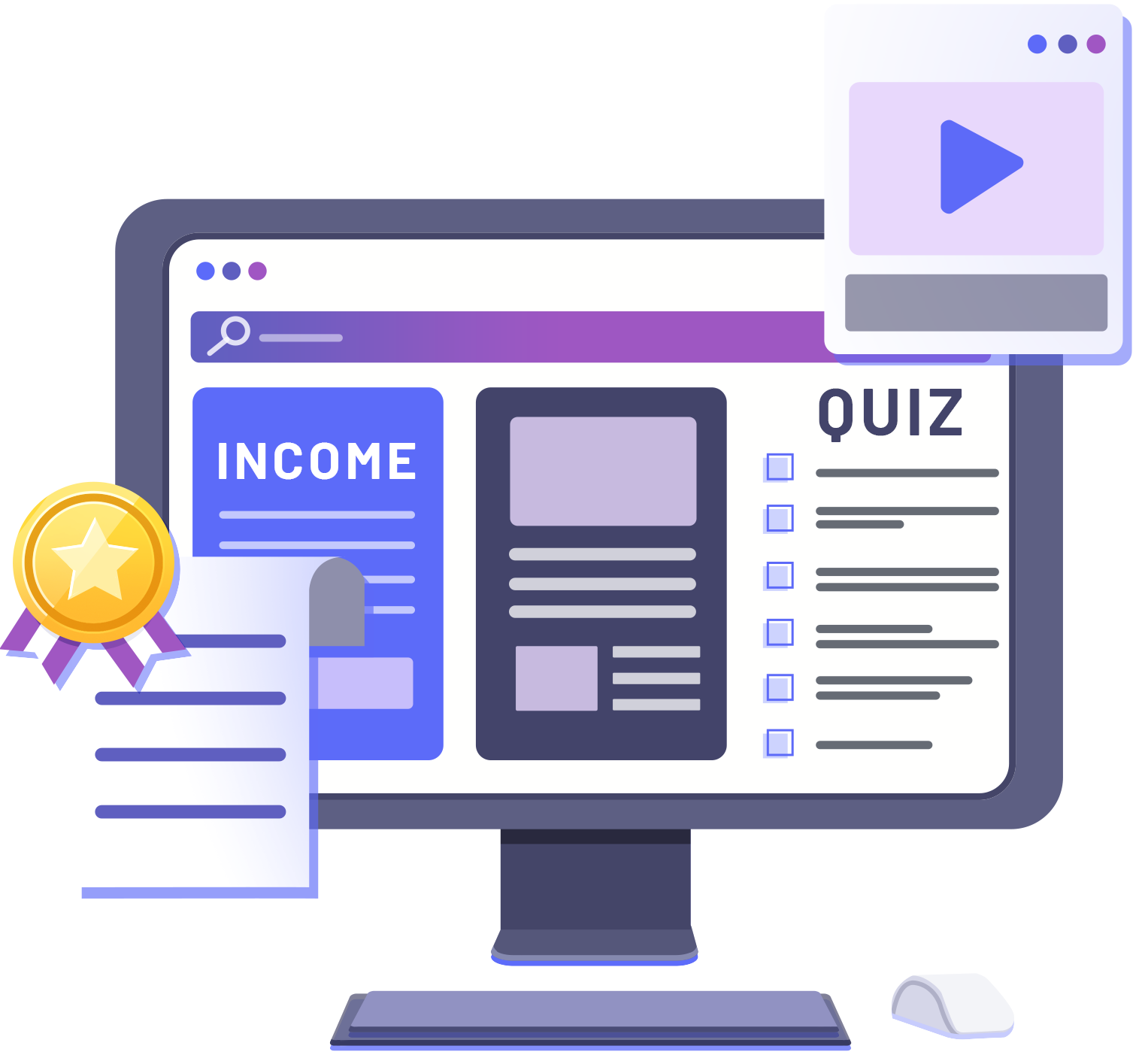| The student will describe the importance of earning an income and explain how to manage personal income through the use of a budget. |
|
|
|
|
|
|
| Using decision-making models, evaluate how career choices, educational/vocational preparation, skills, and entrepreneurship affect income and standard of living (e.g., postsecondary degree/ certification,
needs versus wants, and the ability to live on less than you earn). |
Budget Game – Core Component
Lesson – Work vs Study
Lesson – Career Development
Lesson – Starting a Business
Lesson – Pay Yourself First |
| | | | |
| Identify the components of a personal/family budget (e.g., income, savings/investments, taxes, emergency fund, expenses, and charitable giving) based on short, medium, and long term goals (e.g., financial, personal, educational, and career). |
Budget Game – Core Component
Lesson – Family Planning
Lesson – Planning for Long-Term Purchases
Lesson – Preparing for Retirement
Lesson – Building Wealth
Lesson – Pay Yourself First
Lesson – Career Development
Lesson – Charitable Giving |
| | | | |
| The student will identify and describe the impact of local, state, and federal taxes on income and standard of living. |
Activity |
Long-Term Game |
Comprehensive Chapter |
Short Lesson |
Interactive Calculator |
Graded Assessment |
| Identify and explain types of taxes (e.g., personal income, sales, and property taxes) and explain the reasons for taxation at the local, state, and federal levels (e.g., roads, water and sanitation services, social services, schools, and law enforcement). |
Lesson – Taxation Overview
Lesson – Sales Tax
Lesson – Fiscal Policy Explained
Lesson – Common Tax Additions |
| | | | |
| Explain how taxes, employee benefits, and payroll deductions affect income. |
Budget Game – Core Component
Lesson – Income and Compensation
Lesson – Tax Filing and the Form 1040
Lesson – Payroll Best Practices
Lesson – Employer and Employee Rights and Responsibilities |
| | | | |
| Explain the individual importance of meeting tax obligations and describe possible consequences of failing to meet those obligations (e.g., fees, penalties, interest, garnishment of wages, and imprisonment). |
Lesson – Tax Filing and the Form 1040
Lesson – Tax Audits
Lesson – When to hire a tax professional |
| | | | |
| Explain the societal importance for meeting tax obligations (e.g., market economy and capitalism: poverty, pollution, medical research, government assistance programs, education, and government funded services and projects). |
Lesson – Unemployment and other programs
Lesson – Employer and Employee Rights and Responsibilities
Lesson – Fiscal Policy Explained
Lesson – Government impact on the economy |
| | | | |
| The student will describe the functions and uses of banks and other financial service providers. |
Activity |
Long-Term Game |
Comprehensive Chapter |
Short Lesson |
Interactive Calculator |
Graded Assessment |
| Identify and compare the basic types of financial institutions (e.g., banks, mortgage companies, credit unions, brokerage firms, and finance companies). |
Lesson – Banks, Credit Unions, and Savings and Loans
Lesson – Using Credit
Lesson – Debit Cards |
| | | | |
| Describe and compare the most common financial products and services (e.g., checking, contactless payments systems, credit cards, Automated Teller Machines, savings, loans, investments, and insurance). |
Lesson – Banks, Credit Unions, and Savings and Loans
Lesson – Automatic Payments
Lesson – Using Credit
Lesson – Debit Cards
Lesson – What is Money? |
| | | | |
| The student will demonstrate the ability to manage a bank account and reconcile financial accounts. |
Activity |
Long-Term Game |
Comprehensive Chapter |
Short Lesson |
Interactive Calculator |
Graded Assessment |
| Explain the reasons for balancing an account register and reconciling an account statement. |
Lesson – Reconciling Accounts
Lesson – What are Financial Records? |
| | | | |
| Develop and apply banking account management skills (e.g., correctly write, endorse, and deposit checks; balance an account register, including debit withdrawals and fees; reconcile and monitor checking and savings account statements). |
Budget Game – Core Component
Lesson – What is Money?
Lesson – Debit Cards |
| | | | |
| The student will analyze the costs and benefits of saving and investing. |
Activity |
Long-Term Game |
Comprehensive Chapter |
Short Lesson |
Interactive Calculator |
Graded Assessment |
| Explain reasons for saving and investing to meet goals and build wealth (e.g., opportunity cost, return on investment, emergencies, major purchases, down payments, and education). |
Budget Game – Core Component
Stock Game – Core Component
Lesson – Building Wealth
Lesson – What is Opportunity Cost?
Activity – Use the Investment Return Calculator
Activity – Use the Home Budgeting Calculator |
| | | | |
| Identify and compare the costs and benefits of various investment strategies (e.g., compound interest, interest rates, tax implications, account liquidity, and investment diversification) and how inflation affects investment growth. |
Stock Game – Core Component
Lesson – Building Wealth
Lesson – Investing Strategies
Lesson – The Importance of Interest Rates
Lesson – Inflation
Activity – Use the Compound Interest Calculator |
| | | | |
| The student will explain and evaluate the importance of planning for retirement. |
Activity |
Long-Term Game |
Comprehensive Chapter |
Short Lesson |
Interactive Calculator |
Graded Assessment |
| Describe the necessity of accumulating financial resources needed for specific retirement goals, activities and lifestyles, based on life expectancy. |
Lesson – Preparing for Retirement
Lesson – Building Wealth
Lesson – Family Planning |
| | | | |
| Explain the roles of Social Security, employer retirement plans (401k or 403b) and personal investments (e.g., annuities, IRAs, real estate, stocks, and bonds) as sources of retirement income, and how to acquire these plans (e.g., banks, insurance companies). |
Lesson – Preparing for Retirement
Lesson – Building Wealth
Lesson – Career Development
Lesson – Income and Compensation |
| | | | |
| The student will identify the procedures and analyze the responsibilities of borrowing money. |
Activity |
Long-Term Game |
Comprehensive Chapter |
Short Lesson |
Interactive Calculator |
Graded Assessment |
| Identify and analyze sources of credit (e.g. financial institutions, private lenders, and retail businesses) and credit products (e.g., FAFSA, student loans, credit cards, and car loans). |
Lesson – Short-Term Financing
Lesson – Managing Debt
Lesson – Mortgages
Lesson – Good Debt, Bad Debt
Activity – Use the Car Loans Calculator |
| | | | |
| Identify standard loan practices, predatory lending practices (e.g., rapid tax return, rapid access loans, and payday loans), and legal debt collection practices. |
Lesson – Good Debt, Bad Debt
Lesson – Debt Management Services
Lesson – Short-Term Financing |
| | | | |
| Explain the importance of establishing a positive credit history (e.g., maintaining a reasonable debt to income ratio), describe information contained in a credit report and explain the factors that affect a credit score(e.g., the relationship between interest rates and credit scores). |
Budget Game – Core Component
Lesson – Credit Reports
Lesson – Using Credit
Activity – Use the Credit Card Payments Calculator |
| | | | |
| Explain how the terms of a loan (e.g., interest rates, fees, and repayment schedules) affect the cost of credit. |
Lesson – The Importance of Interest Rates
Lesson – Using Credit
Lesson – Buying a Car |
| | | | |
| Explain the impact of non-repayment on individuals, families, business, and the broader economic system as a whole. |
Budget Game – Core Component
Lesson – Bankruptcy
Lesson – The Business Cycle
Lesson – Debt Management Services |
| | | | |
| The student will describe and explain interest, credit cards, and online commerce. |
Activity |
Long-Term Game |
Comprehensive Chapter |
Short Lesson |
Interactive Calculator |
Graded Assessment |
| Compare costs and benefits of using credit cards and making online purchases (e.g., interest rates, fees, repayment schedules, and personal information protection). |
Lesson – Credit Cards
Lesson – Debit Cards |
| | | | |
| Evaluate options for payments on credit cards (e.g., minimum payment, delayed payments, or payment in full). |
Budget Game – Core Component
Lesson – Credit Cards
Lesson – Using Credit |
| | | | |
| The student will identify and explain consumer fraud and identity theft. |
Activity |
Long-Term Game |
Comprehensive Chapter |
Short Lesson |
Interactive Calculator |
Graded Assessment |
| Describe potential methods of identity theft and unfair, fraudulent business practices (e.g., medical, pyramid schemes, bait and switch, hacking, dumpster diving, forgery, false billing, skimming, changing address, and phishing). |
Lesson – Protecting Against Fraud
Lesson – Consumer rights and responsibilities |
| | | | |
| Describe ways to recognize and avoid identity theft (e.g., review monthly financial statements and annual credit reports; protect personal information and online passwords). |
Lesson – Protecting Against Fraud
Lesson – What are Financial Records? |
| | | | |
| Describe methods to correct problems arising from identity theft and fraudulent business practices (e.g., contact national credit bureaus and local/state law enforcement agencies). |
Lesson – Protecting Against Fraud |
| | | | |
| The student will explain and compare the responsibilities of renting versus buying a home. |
Activity |
Long-Term Game |
Comprehensive Chapter |
Short Lesson |
Interactive Calculator |
Graded Assessment |
| Compare the costs and benefits of renting versus buying a home. |
Activity – Use the Buy vs Lease Calculator |
| | | | |
| Explain the elements of a standard lease agreement (e.g., deposit, due date, grace period, late fees, and utilities). |
Lesson – What makes a contract valid?
Lesson – Renter’s Insurance
Lesson – Rental Agreements and Homeowner’s Associations |
| | | | |
| Explain the elements of a mortgage (e.g., down payment, escrow account, due date, late fees, property taxes, potential early payment penalties, and amortization tables); types of lenders; and fixed or adjustable rate mortgage loans. |
Lesson – Mortgages
Activity – Use the Buy vs Lease Calculator |
| | | | |
| The student will describe and explain how various types of insurance can be used to manage risk. |
Activity |
Long-Term Game |
Comprehensive Chapter |
Short Lesson |
Interactive Calculator |
Graded Assessment |
| Identify common risks to life and property (e.g., mobile phone, illness, death, natural catastrophe, and accident). |
Lesson – Health Insurance
Lesson – Car Insurance
Lesson – Renter’s Insurance
Lesson – Home Owner’s Insurance
Lesson – Rental Agreements and Homeowner’s Associations
Lesson – Life Insurance |
| | | | |
| Explain the purpose and importance of insurance protection as a risk management strategy (e.g., life, health, property, liability, disability, and automobile). |
Lesson – Health Insurance
Lesson – Car Insurance
Lesson – Renter’s Insurance
Lesson – Life Insurance
Lesson – Risk |
| | | | |
| Examine appropriate amounts of insurance and how insurance deductibles work. |
Lesson – Health Insurance
Lesson – Car Insurance
Lesson – Renter’s Insurance
Lesson – Life Insurance |
| | | | |
| The student will explain and evaluate the financial impact and consequences of gambling. |
Activity |
Long-Term Game |
Comprehensive Chapter |
Short Lesson |
Interactive Calculator |
Graded Assessment |
| Analyze the probabilities involved in winning at games of chance (e.g., sports betting, online betting, and fantasy sports). |
Lesson – Why Invest in Stocks?
Investing101 Certification |
| | | | |
| Evaluate costs and benefits of gambling to individuals and society (e.g., family budget, addictive behaviors, and the local and state economy). |
Lesson – Risk
Investing101 Certification |
| | | | |
| The student will evaluate the consequences of bankruptcy. |
Activity |
Long-Term Game |
Comprehensive Chapter |
Short Lesson |
Interactive Calculator |
Graded Assessment |
| Assess the costs and benefits of bankruptcy to individuals, families, and society. |
Lesson – Bankruptcy |
| | | | |
| Examine ways to prevent bankruptcy and identify alternatives to bankruptcy (e.g., budget management, debt management, refinancing, and financial counseling). |
Lesson – Managing Debt
Lesson – Debt Management Services
Lesson – Consolidating Debt
Lesson – Debt Negotiation
Lesson – Bankruptcy |
| | | | |
| Explain the importance of reestablishing a positive credit history and steps to improve a credit score after bankruptcy. |
Lesson – Credit Reports
Lesson – Bankruptcy |
| | | | |
| The student will explain the costs and benefits of charitable giving. |
Activity |
Long-Term Game |
Comprehensive Chapter |
Short Lesson |
Interactive Calculator |
Graded Assessment |
| Identify types of charitable giving (e.g., monetary gifts, gifts-in-kind, and volunteer service). |
Lesson – Charitable Giving |
| | | | |
| Describe the impact of charitable giving on the entity receiving the gift, the individual giving the gift (e.g., budget, time, personal satisfaction, and tax benefits) and the community at large. |
Lesson – Charitable Giving |
| | | | |
| Identify tools to research a charitable organization’s mission/purpose, activities, and recipients (e.g., specific organizations’ websites, Guidestar®, and regulatory agencies) |
Lesson – Charitable Giving |
| | | | |




